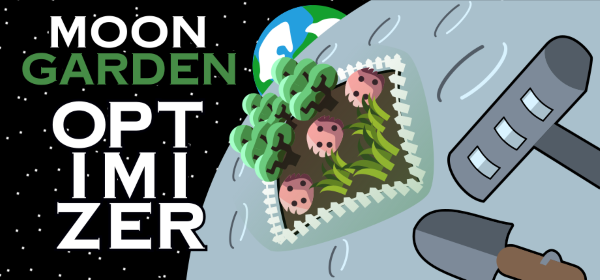So I’m finally done with my video game. What’s next? Should I make another?
I will definitely make a second game. One of my brothers has long been interested in making video games, but never found the motivation to start. So I offered to collaborate with him and show him how to use the game engine. Then I showed him my list of game ideas, and we’re making the very smallest idea on the list.
After that, who knows?
[Read more…]


